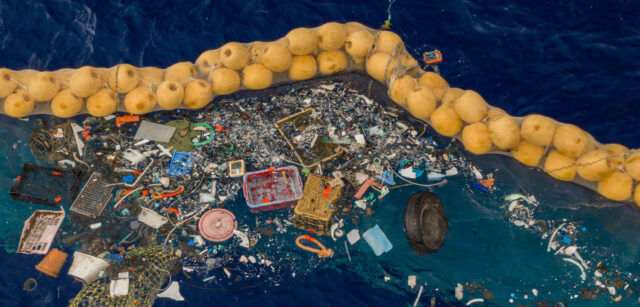Cleaning Up Our Oceans: The Technology Behind Tackling Plastic Pollution

About Course
Plastic pollution in our oceans is one of the most pressing environmental issues of our time, threatening marine life, ecosystems, and even human health. Despite global awareness, the scale and persistence of plastic waste demand bold, innovative solutions. This course dives deep into the groundbreaking technologies that are reshaping the battle against ocean plastic. From massive floating barriers to AI-powered drones, you’ll explore how science and engineering are joining forces to clean our oceans and protect biodiversity.
Designed to inspire the next generation of changemakers, this course takes you on a journey through existing cleanup methods, explores futuristic innovations, and unpacks the science behind removing plastic from our seas. With real-world examples, emerging research, and a call to action, students will not only learn about technology’s role in cleaning up our oceans but also discover how they can contribute to a cleaner, more sustainable future. If you’re passionate about environmental protection and innovation, this course is your launchpad into the world of marine tech solutions.
Course Content
Introduction
Explanation of plastic pollution in the ocean and its impact on the environment and wildlife
00:00The need for innovative technology to address the problem
00:00